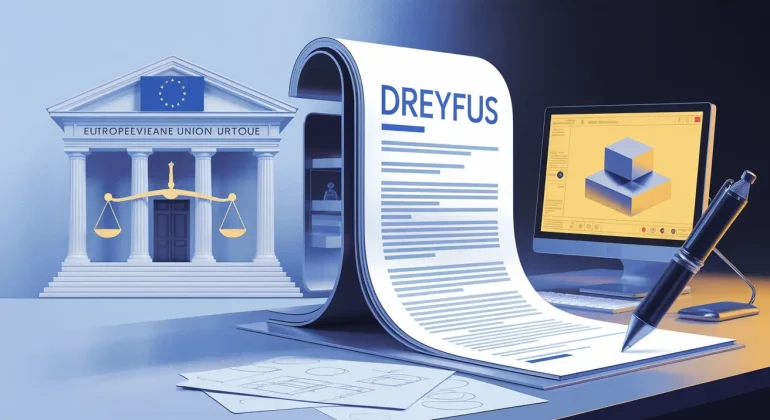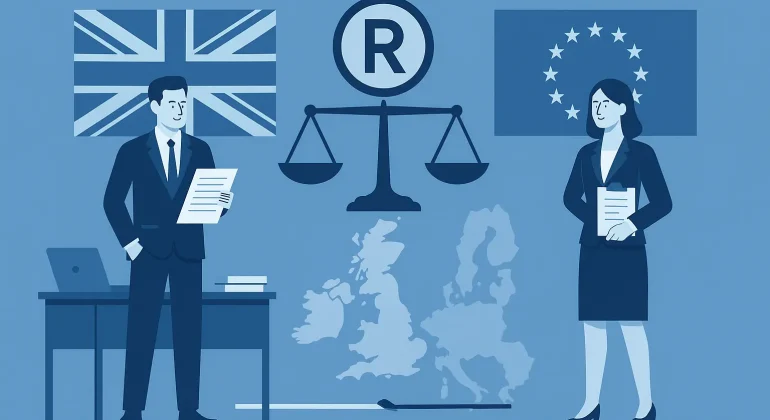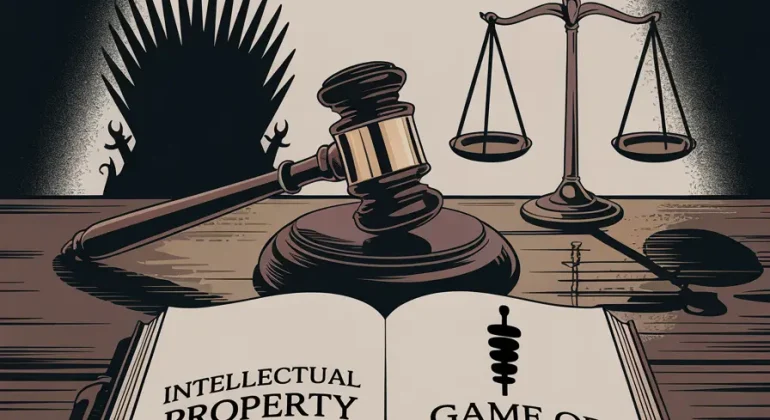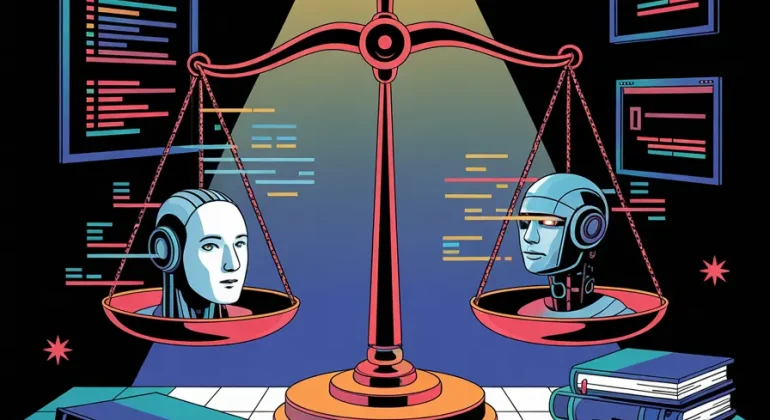Patent, liability and know-how disclosure: What steps should you take to stay protected?
In today’s innovation-driven economy, where collaborative research and technical partnerships are increasingly common, the exchange of proprietary know-how has become both essential and legally sensitive. If not properly managed, the disclosure of confidential technical information can compromise patentability, lead to the forfeiture of intellectual property rights, or give rise to liability for the disclosing or receiving party. This article explores the legal risks associated with know-how disclosure in the patent context illustrated by recent case law and sets out practical safeguards to ensure such exchanges are secure and compliant.
Legal risks arising from know-how disclosure
When confidential disclosure leads to patent litigation
The disclosure of technical know-how, even in a collaborative setting, may give rise to complex legal claims if improperly managed. Risks include:
- Ownership claims by the original holder of the disclosed information;
- Breach of contract claims, especially in the presence of a non-disclosure agreement (NDA);
- Irretrievable loss of confidentiality, should the disclosed elements be publicly revealed through a patent application.
Failure to anticipate these risks can not only nullify competitive advantage but also result in judicial reassignment of the patent rights and financial liability.
Case study: Air Liquide (Paris Judicial Court, January 31, 2025)
In 2020, Futura Mechanical Design Project (FMDP) and its parent company F2M SAS were retained by Air Liquide to conduct a feasibility study on a liquid hydrogen pump. An NDA was signed, explicitly forbidding the recipient from using disclosed technical information to file any intellectual property rights.
Despite this, an affiliated company within the Air Liquide group filed a French patent and subsequently a PCT international application, the contents of which replicated confidential material from the commissioned study. FMDP and F2M subsequently brought a claim for ownership of the patent, arguing that their proprietary know-how and the outcomes of their technical study had been unlawfully appropriated and used without authorization.
The Paris Judicial Court found that:
- FMDP held the technical solution prior to the collaboration;
- The patent filing constituted a breach of the NDA;
- The General Terms and Conditions (GTCs) cited by Air Liquide, which purportedly transferred IP ownership, were neither agreed upon nor enforceable.
The Court:
- Ordered the transfer of the patent and its international extensions to FMDP and F2M SAS;
- Awarded €30,000 in damages;
- Rejected Air Liquide’s counterclaims as unfounded and untimely.
This case underscores the evidentiary value of prior ownership documentation, the contractual weight of confidentiality obligations, and the inadmissibility of relying on unaccepted boilerplate GTCs in matters of intellectual property.
Contractual confidentiality obligations and legal consequences
A well-drafted NDA is a critical safeguard in collaborative innovation. Standard confidentiality provisions generally prohibit:
- The use of disclosed information beyond the defined scope;
- The filing of any intellectual property rights (patent, utility model, etc.) derived from such disclosures.
Failure to comply may result in:
- Injunctions and court-ordered ownership reassignment of the IP in question;
- Monetary damages for loss and reputational harm;
- Potential exposure of trade secrets through patent publication, which is irreversible.
Best practices when disclosing know-how in patent-related contexts
- Draft robust and purpose-specific non-disclosure agreements NDAs
Generic templates are often insufficient. Tailor each NDA to the context, ensuring:
- A clear definition of what constitutes confidential information;
- Explicit terms regarding the prohibition (or permitted use) of such information in patent filings;
- Provisions reserving all pre-existing intellectual property rights of the disclosing party.
- Secure proof of prior ownership of the invention
Maintain a systematic internal record of technical developments through:
- Invention Disclosure Forms (IDFs), signed and timestamped;
- Digital vaults or sealed e-Soleau envelopes for sensitive developments;
- Logs of internal emails and R&D notes to evidence early-stage ownership.
These records are crucial in proving entitlement and defeating wrongful ownership claims.
- Clarify intellectual property clauses in all agreements
Beyond NDAs, ensure contracts such as R&D orders, joint development agreements, or licensing deals clearly state:
- Who owns the results and deliverables;
- The extent and limitations of assignments or licensing rights.
- Explicitly reject conflicting general terms and conditions
Never rely on silence. In the Air Liquide case, the GTCs invoked by one party were ultimately deemed unenforceable due to:
- Lack of acceptance by the counterparty;
- Inconsistent communications showing clear disagreement.
To avoid ambiguity:
- Always confirm acceptance or rejection of GTCs in writing;
- Include IP-specific carve-outs in contracts or appendices.
- Implement a controlled internal disclosure protocol
Companies should adopt a standardized protocol prior to any external exchange:
- Legal review of disclosure scope;
- Document classification and labelling (e.g., “Confidential – Do Not Distribute”);
- Internal tracking of disclosures: to whom, when, why, and under what conditions.
Conclusion: minimizing patent liability through preventive action
Patent-related liability arising from improper use or disclosure of know-how can be devastating legally, financially, and reputationally. Whether in open innovation or bilateral technical cooperation, prevention through contractual rigor and internal diligence remains the best defense.
Dreyfus Law Firm works with clients in the food sector, providing specialist advice on intellectual property and regulatory issues to ensure compliance with national and European laws.
We collaborate with a global network of intellectual property attorneys.
Join us on social media !
FAQ
1. Can an invention disclosed under an NDA be patented?
No, unless the NDA explicitly authorizes it and the information does not qualify as protected know-how.
2. What if both parties contribute to the same invention?
A co-inventorship agreement or a joint filing strategy must be agreed upon before any patent application is submitted.
3. Are GTCs alone sufficient to secure IP rights?
No. Without clear and formal acceptance, GTCs have no binding force over intellectual property rights.










